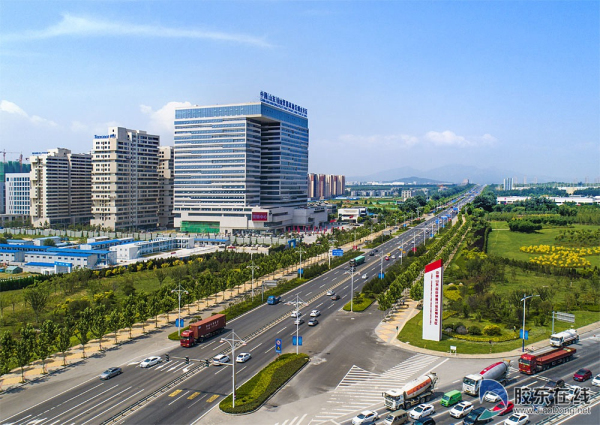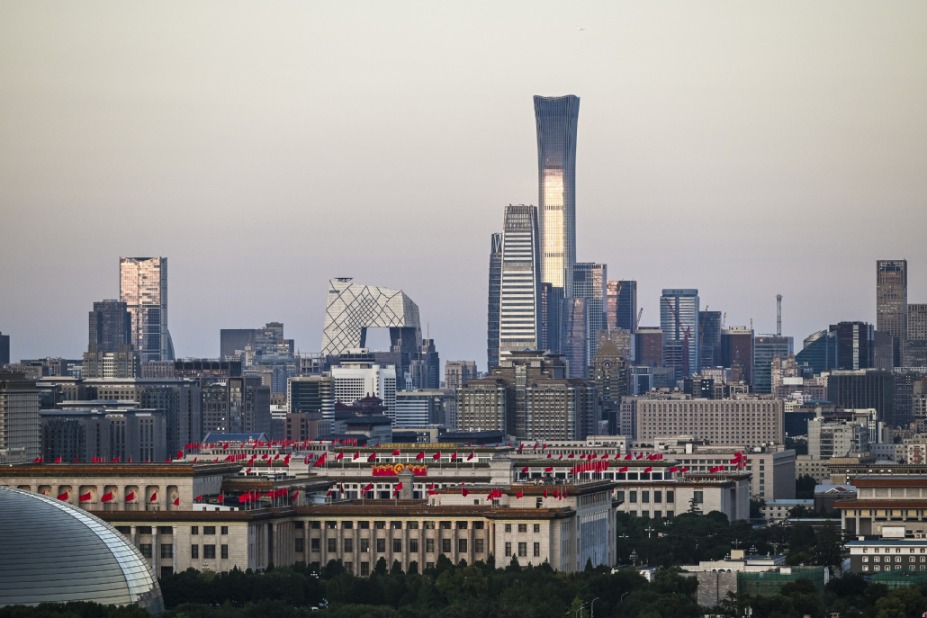China nurtures fertile ground for foreign investors


BEIJING -- Despite a coronavirus-triggered recession looming large for the world, China remains a gold mine for global investors amid the country's unswerving efforts to create a better business environment with easier market access, more benefits, and improved services.
According to the World Bank's Doing Business 2020 report, China has made greater progress in the 2005-2020 period than any other large economy in terms of facilitating the ease of doing business, with its global ranking rising to the 31st position among 190 economies globally from the 78th in the 2018 report.
A MAGNET WITH IMPROVING BUSINESS ENVIRONMENT
Foreign direct investment (FDI) into the Chinese mainland, in actual use, expanded by 15.8 percent year-on-year in July, marking the fourth consecutive month for the country to witness positive FDI growth, according to data from the Ministry of Commerce (MOC).
Uniqlo, a clothing brand under the Japan-based Fast Retailing Group, opened 19 chain stores in China in August, entering six new cities, including Zhejiang's Tongxiang, and Jiangsu's Danyang.
"It signals our confidence in the Chinese market and the Chinese economy," said Jalin Wu, Chief Marketing Officer of Uniqlo Greater China, adding that the company hopes to explore opportunities in more third-tier and lower-tier cities.
Uniqlo was not the only example. A total of 18,838 new overseas-funded enterprises were established on the Chinese mainland in the first seven months, a vote of confidence in the market.
To encourage foreign investment, China has taken multi-pronged measures to open its market wider. The country's 2020 version of the negative lists for foreign investment, which took effect in July, reduced the number of sectors that are off-limits for foreign investors to 33 from 40 in the 2019 version. The negative list for pilot free trade zones also cut the number of prohibited industries to 30 from 37.
According to the new lists, foreign ownership caps on securities, fund management, futures, life insurance companies, as well as commercial vehicle enterprises are removed, and more opportunities in agriculture, medicine, minerals, fuel, infrastructure, and education are offered to foreign investors.
The country put into effect the landmark foreign investment law on Jan 1, 2020, providing institutional protection for the interests of foreign investors. It grants foreign-invested enterprises access to government procurement markets through fair competition and bans the use of administrative licensing and penalties to force foreign investors and firms to transfer technology.
In South China's Hainan province, a "single window" program for international investment was officially launched on Aug 13, providing one-stop services for foreign investors, and enabling foreign-funded firms to complete the registration procedure in two working days.
China will help foreign-funded companies solve prominent problems and create a more law-based, internationalized, and convenient business environment, said Zong Changqing, an official with the MOC.
A BIGGER CAKE FOR ALL
As China upgrades its industrial sector and seeks new growth drivers, foreign investors are expected to get a slice of a bigger cake.
China is soliciting opinions on the draft of the 2020 version industrial catalog in which foreign investment is encouraged. Aimed at attracting more foreign investment in the high-quality development of manufacturing, producer services, and to the central and western regions, the draft has proposed extending the coverage of investment in sectors such as raw material, research and development, modern logistics, information services, and e-commerce.
The country is pushing the construction of new infrastructures, attracting foreign investors to tap into these opportunities, along with domestic firms, amid a boom in the industry.
French corporation Schneider Electric signed a strategic cooperation deal with China's battery giant Contemporary Amperex Technology Ltd on Aug 5, intending to cooperate in fields including green smart factories, new energy power generation, safe power use, and energy storage.
Among the 54 foreign-funded projects signed on July 22 in Shanghai, 15 are in the field of new infrastructure construction, covering sectors including network technology, artificial intelligence, biomedicine, and integrated circuits.
The new infrastructure is becoming a new opportunity for foreign companies to invest in China amid the global economic recession since the COVID-19 outbreak. The huge market is bound to attract foreign companies, said Zhu Keli, a researcher on the new economy with the Development Research Center of the State Council.




































